Here’s an interesting story about a modern-day saint-to-be. Don Pino Puglisi had been parish priest of a mafia stronghold for 3 years when he was gunned down in 1993.
His assassination was the ironic culmination of his mission to re-evangelise Sicily and exorcise it of organised crime. His murder unleashed a popular backlash against the Mafia from which it hasn’t recovered. Still, within days of news breaking about his impending beatification, police thwarted a serious bomb attempt against a centre Don Pino founded. “The task of exorcism” is ongoing.
Don Pino interests me for his example of “loyal reform” of the Church. Sometimes I get so fed up with the barrage of internal dissent against the Church, that I’m tempted to present a reactionary defence of all things ecclesial. But that in itself is an act of disloyalty. The Church is in constant need of reform, which no saint failed to recognise and engage in.
Don Pino was well known for his sense of humour, and at times even made light of the lack of support from the Church hierarchy. He was ordained by Cardinal Ernesto Ruffini from Palermo, who was said to regard communism as a greater threat than the Mafia and once even questioned the latter’s very existence. According to the National Catholic Reporter, when asked by a journalist, “What is the Mafia?” the cardinal flippantly replied: “So far as I know, it could be a brand of detergent.”
Don Pino saw it as necessary to challenge such attitudes, but to do it sensitively. “We can, we must criticize the Church when we feel it doesn’t respond to our expectations, because it’s absolutely right to seek to improve it,” he said, jokingly adding: “But we should always criticize it like a mother, never a mother-in-law!”
I’ll have to learn more about Don Pino. I might start by watching his biopic, In the Sunlight. Anyone know where I can get a copy?

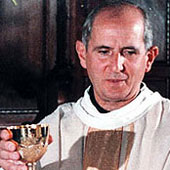
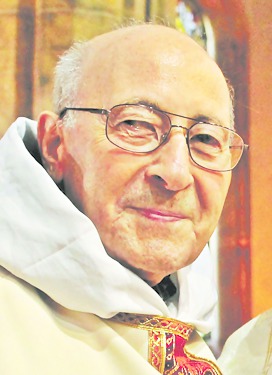
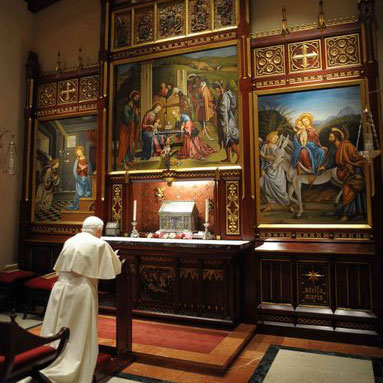
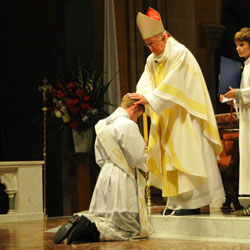
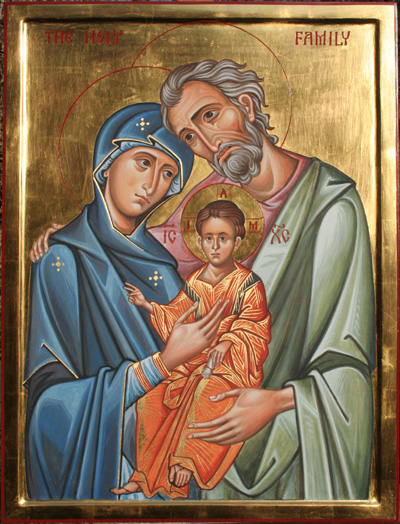
Our southern Italian friend speaks often about this priest, with great fondness and with good knowledge. He might be able to help you out, just as long as he’s retained his sanity.
And not only would a total defensiveness be counter-productive, Father John, but it would seriously miss the point (and the target). In one way or another, the vigour or extent of dissent is a clinical symptom of the relevance of the church and the importance the ‘church’ means to dissenters: if it wasn’t, they wouldn’t bother, but like the millions who don’t spend a minute exercising their minds or energies on such questions or the problems of relationship with God (however conceived), would keep silent and otherwise completely occupied in trivial or more mundane pursuits, bread-and-circuses perhaps.
The privet growing rampant by the house may be a nuisance and impossible to eradicate and interfering with one’s nice plan for a nice architectural aspect, but it shows that there is a vital energy flow and nutrient soil (just where you don’t want it to be!). This is the ironic twist to the history of internal dissension in the Church, whatever form it has taken: that everyone begins and ends insisting that this “collective”, this “body”, this mystery, does what each wants and hopes it will do, and this includes those who would see themselves as nothing but loyal.
The way I see it, the paramountcy of “keeping-the-party-line” – not individual doctrinal presentations themselves – is what has led to the serious and widespread breakdown in perceptions of loss of integrity and actual loss of credibility and moral authority in the church. It is a category error to see the breakdown as the cause of a problem; it is, rather, the effect of a problem. But don’t let people tell you it is the result of dissenters’ sinfulness: we are all in sin together.
Nice imagery Stephen. I’ll remember it!
Quote:“We have said: we want to create a different world,” he remarked. “Let us strive then to create a climate of honesty, of righteousness, of justice, which means the fulfilment of what pleases God.”Unquote
Fr John, the above mentioned words of Don Pino is what really touched me, especially the words “which means the fulfilment of what pleases God”. All of us are called to create a different world – a world that would crave to do God’s Holy will.
A human being is on the Way to Sainthood when that individual is willing to do whatever is necessary to help the people of the world to do what is pleasing to God.
Ironically, his surname is derived from the Latin word for ‘fighter’. At least I think so.
Joel, I’m always interested in questions of language. I don’t think you’re right here, though. I grant you that the first three letters “pug” are common to the latin “pugnare” and our English word and the name “puglisi” looks remarkably like “pugilist”. However, it didn’t sound right to me according to my linguistic instincts. I found this just then at http://www.houseofnames.com/puglisi-family-crest:
“The Puglisi surname, though generally associated with the region of Tuscany is said to have derived from the place name Apulia (in Italian, Puglia)…”
Another clue is the absence of the letter “n” immediately following “pug-“. Or word “pugilist” comes from the Latin “pugil, -is” for “boxer”. An Italian derivative from this word would be “pugile” which I believe it is. The “l” following immediately behind the “g” is the give-away clue.
It is possible that if the good priest’s name was “Pugnisi”, I think we’d have a case for a fighter. But not otherwise. It seems he comes from a line of Apulians.
I actually thought that might be the case! Keeping us honest as always. Nice work mate.
“pugli” means “punch” or even as you suggest “fighter”
Thank you for supporting Fr Puglisi. what a terrible loss to us all. We have human trafficing here too and “catholic” Italian organized crime.